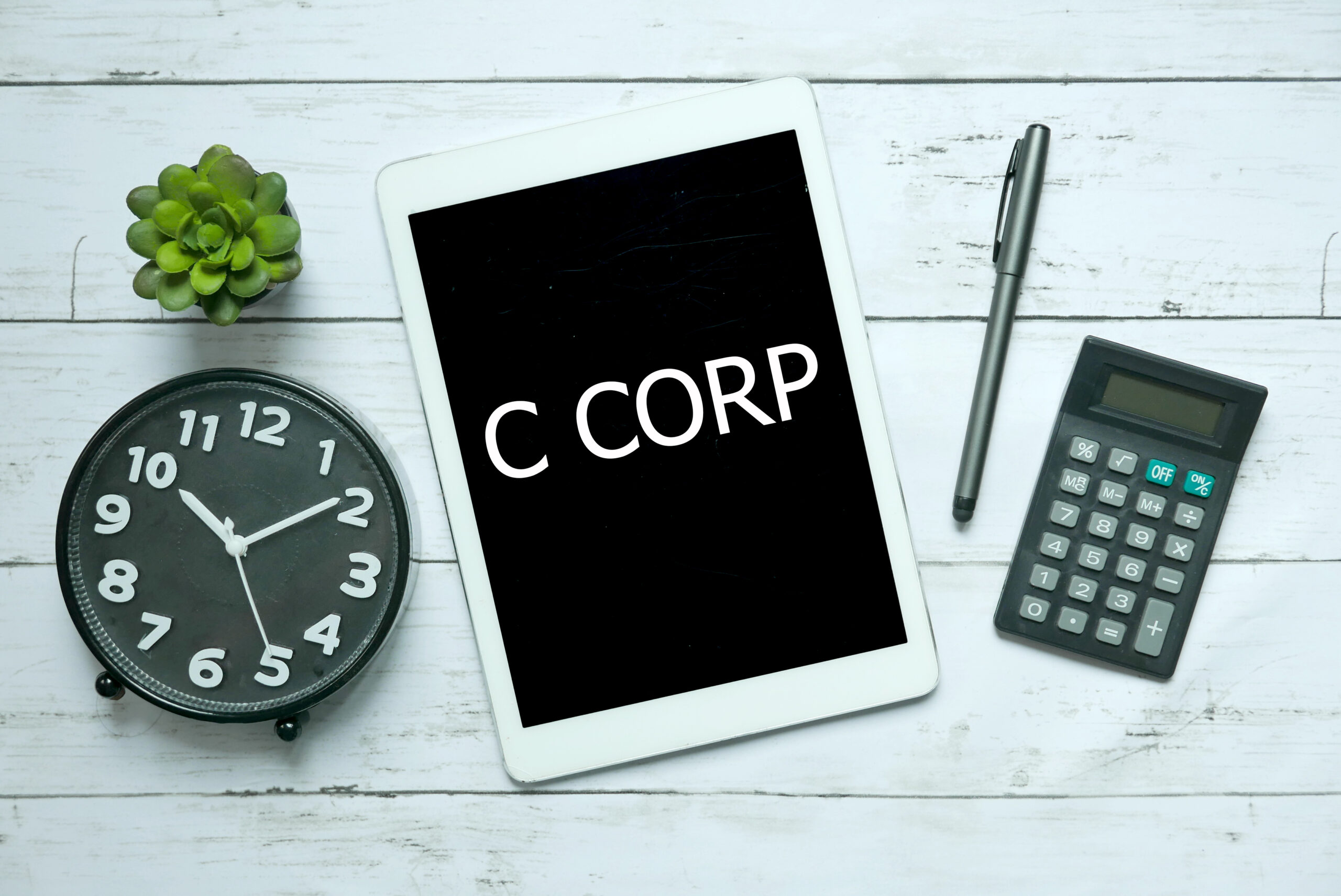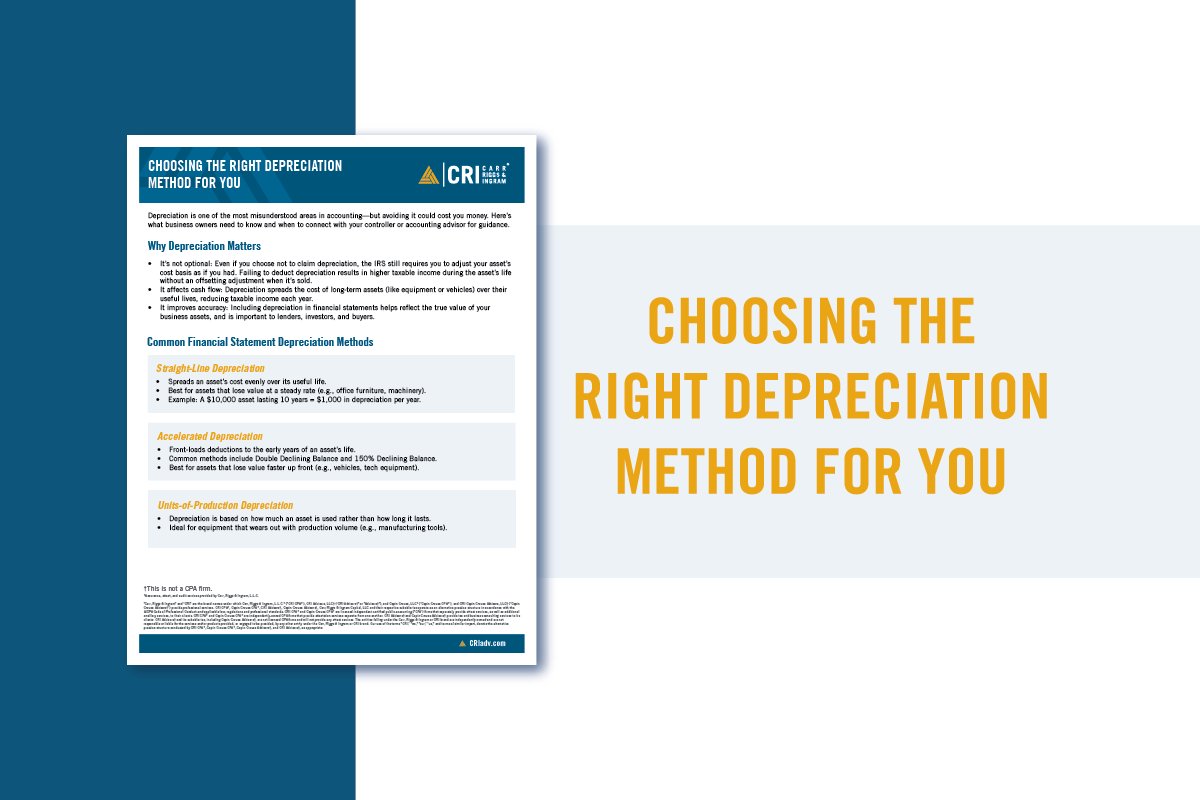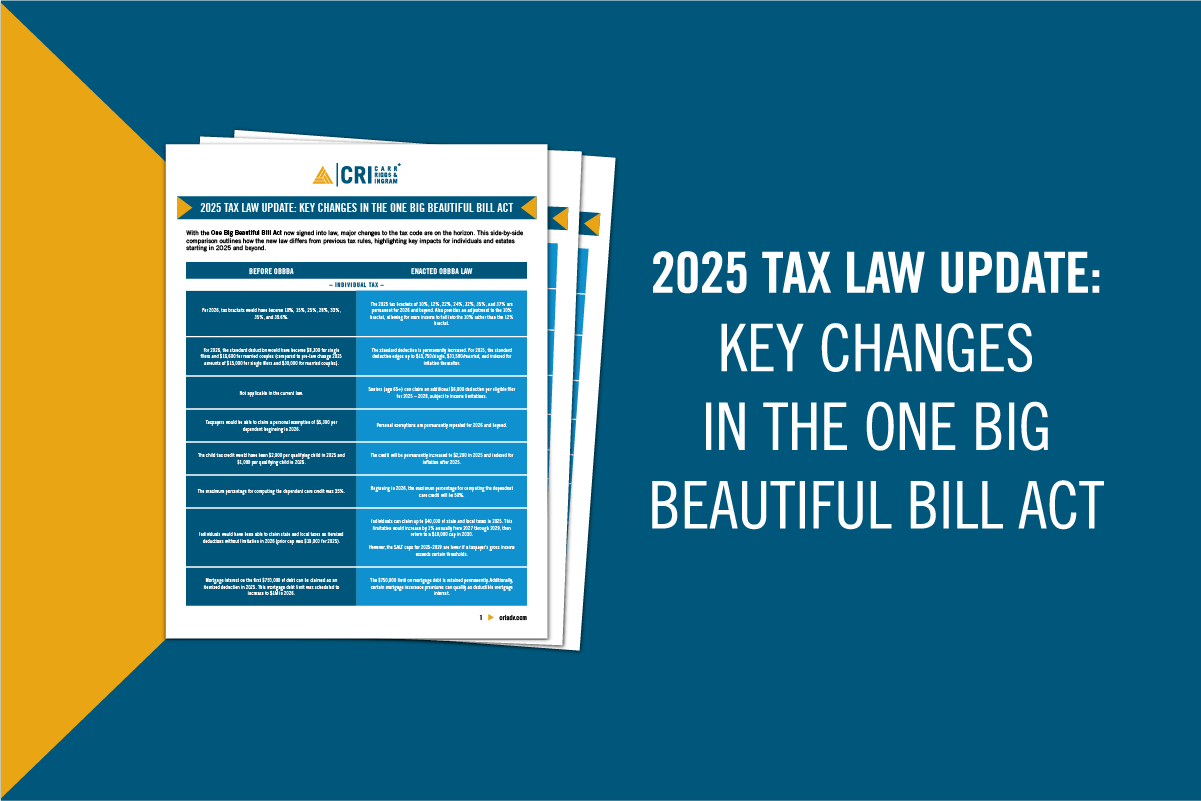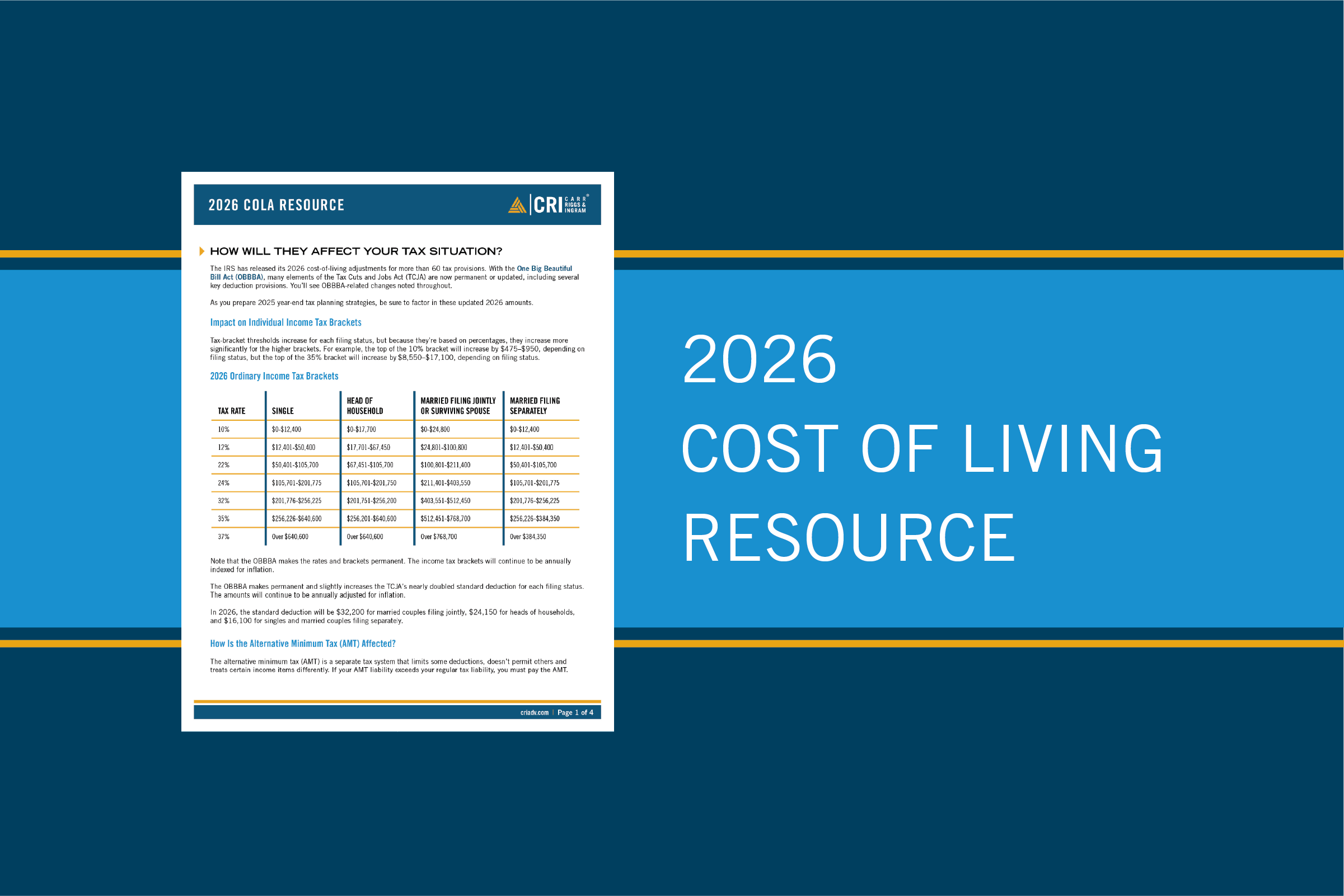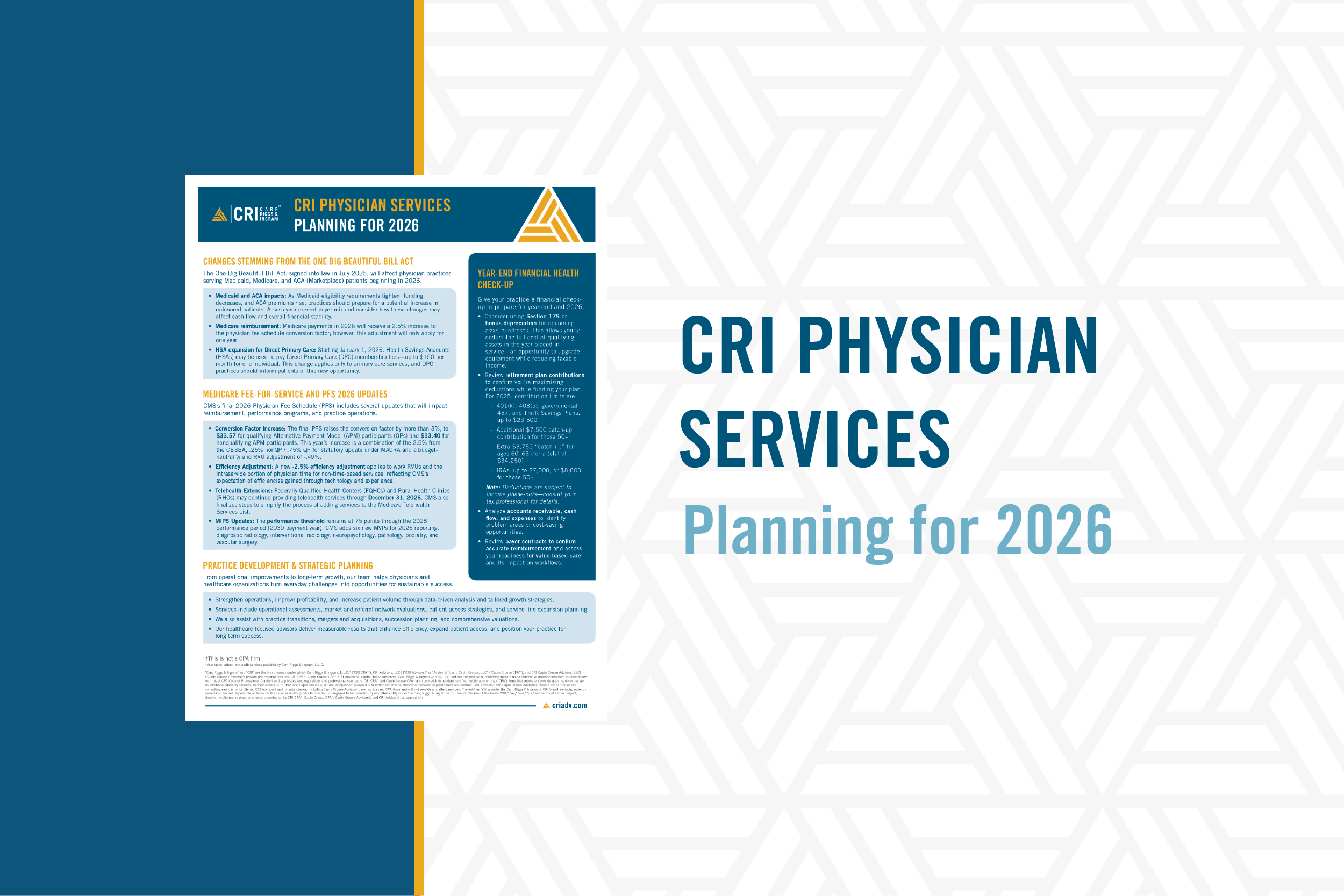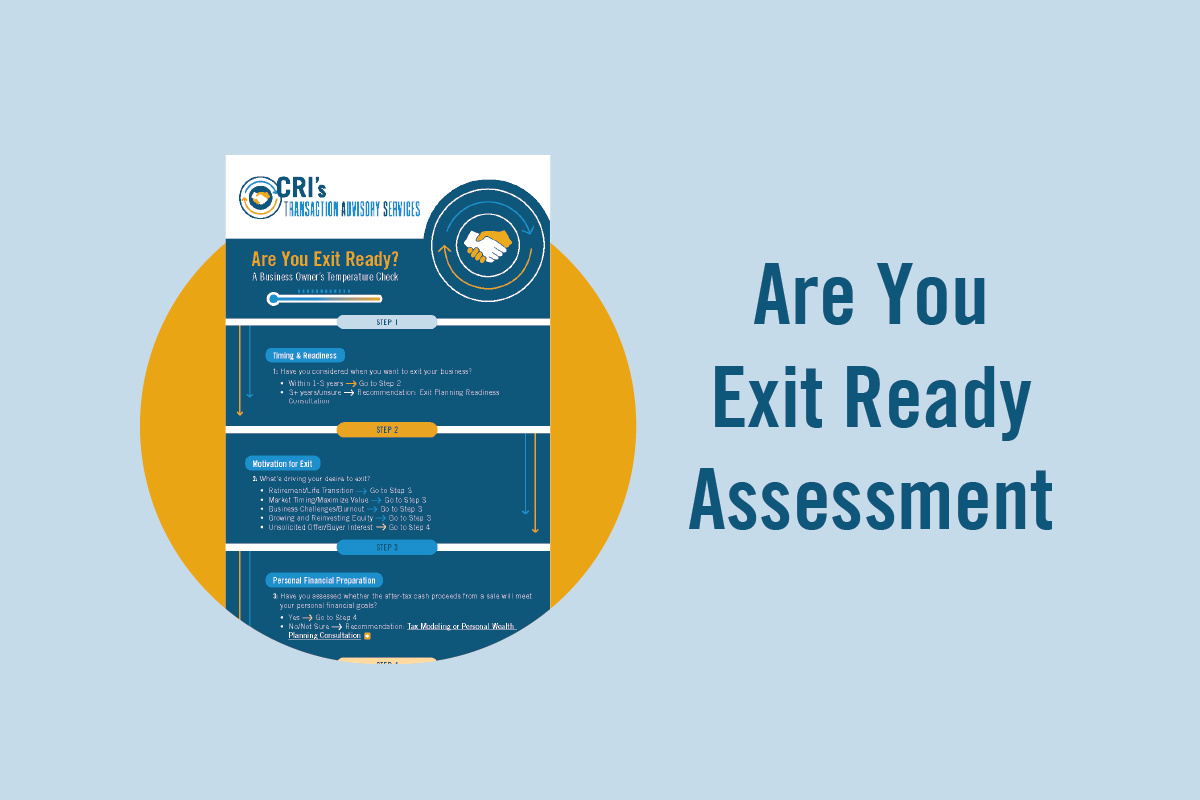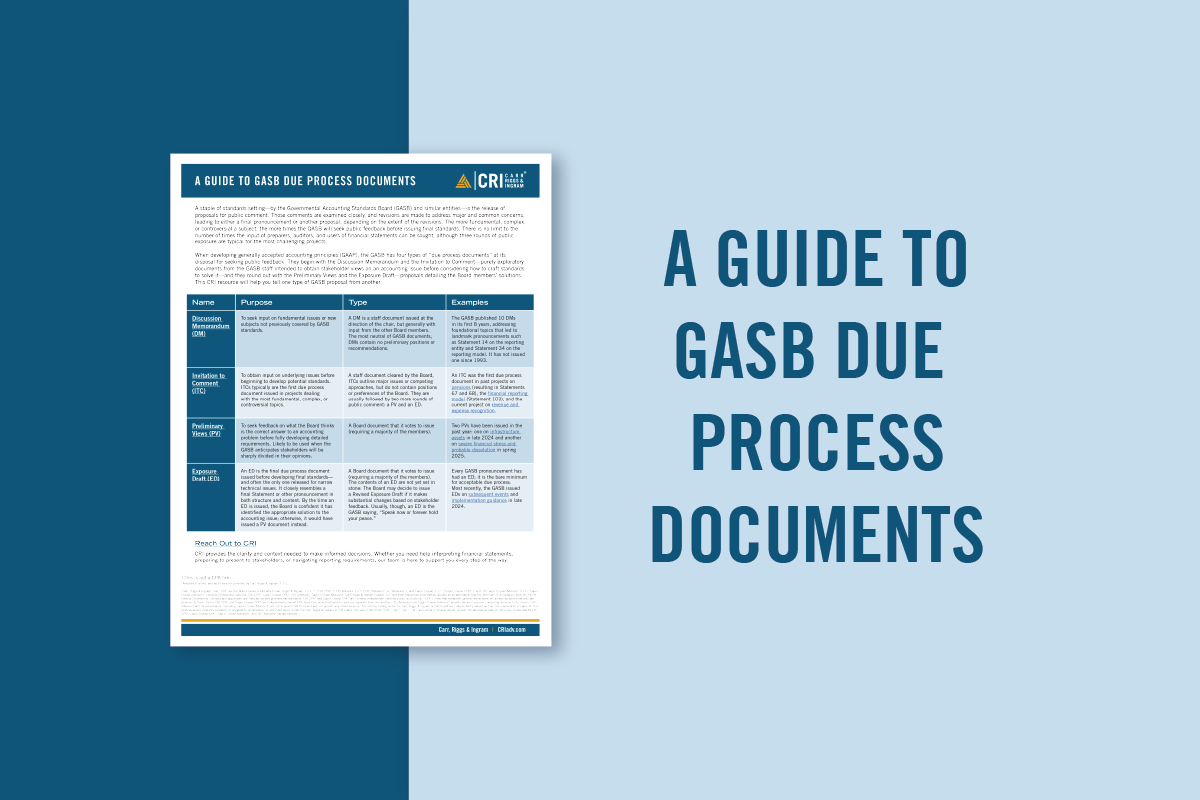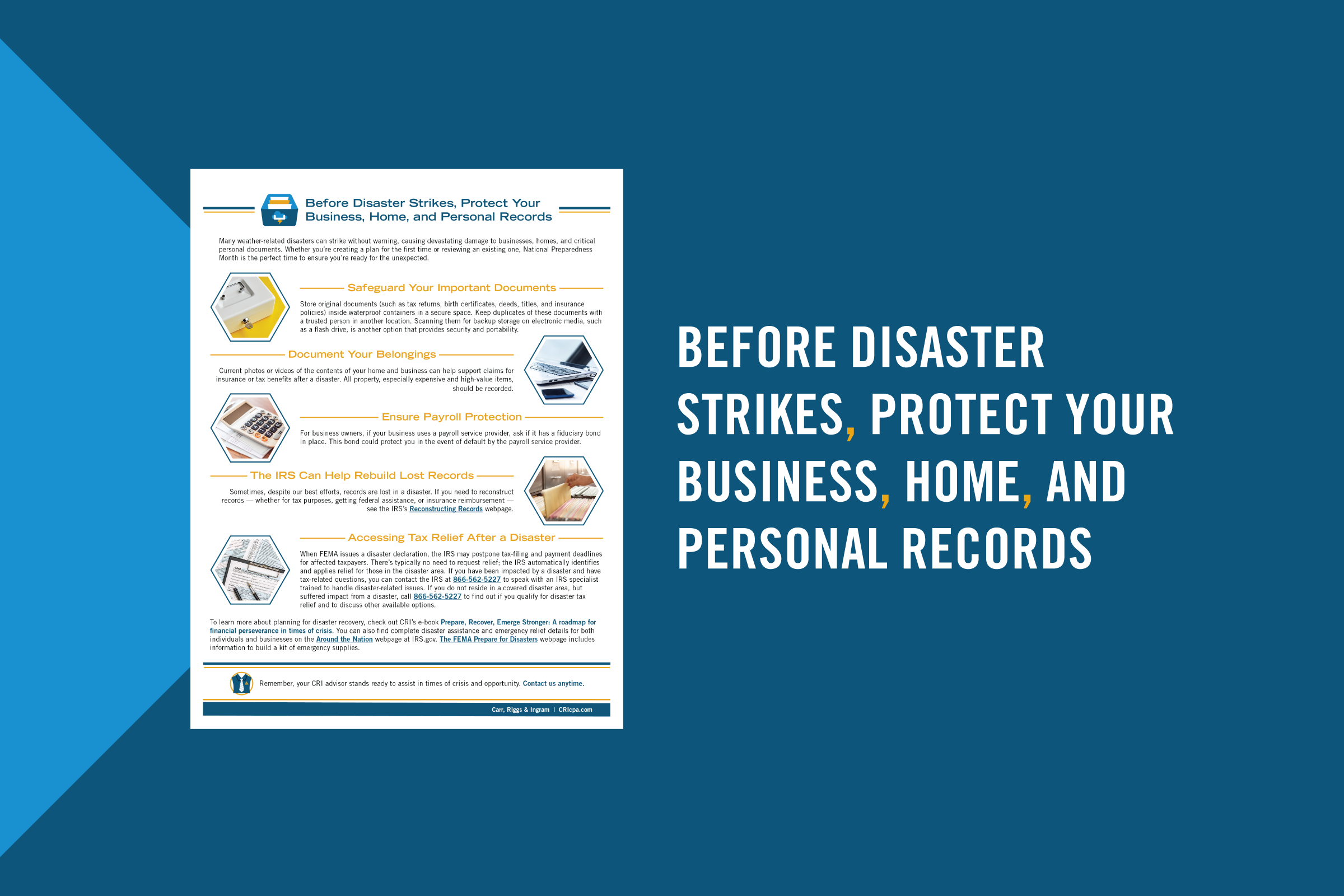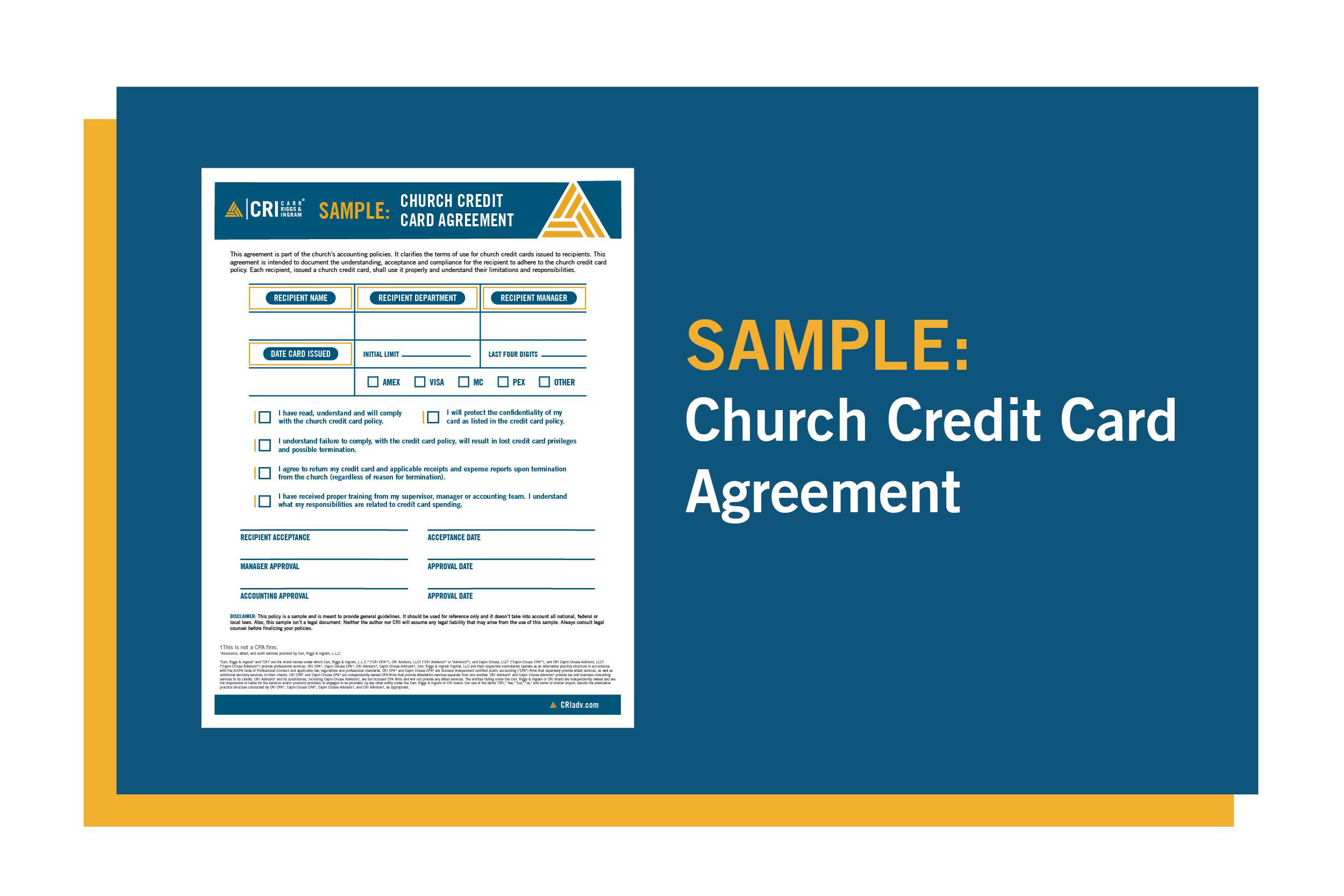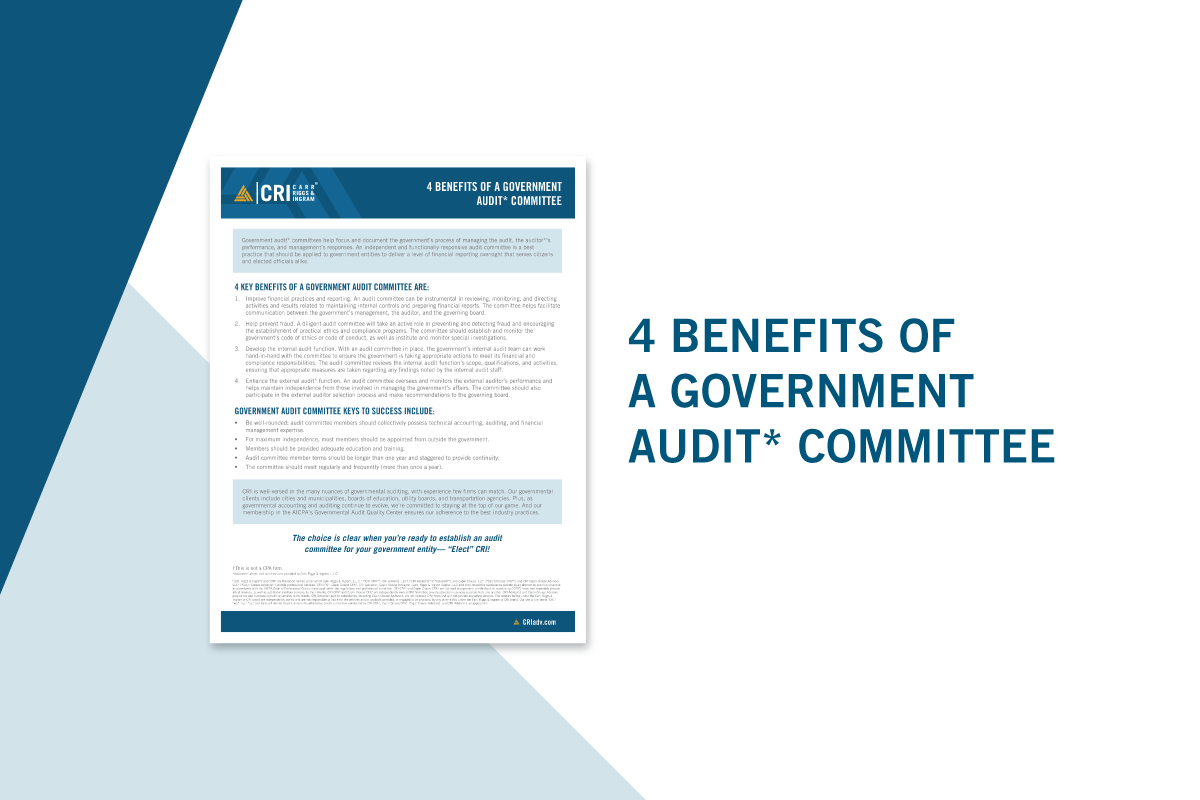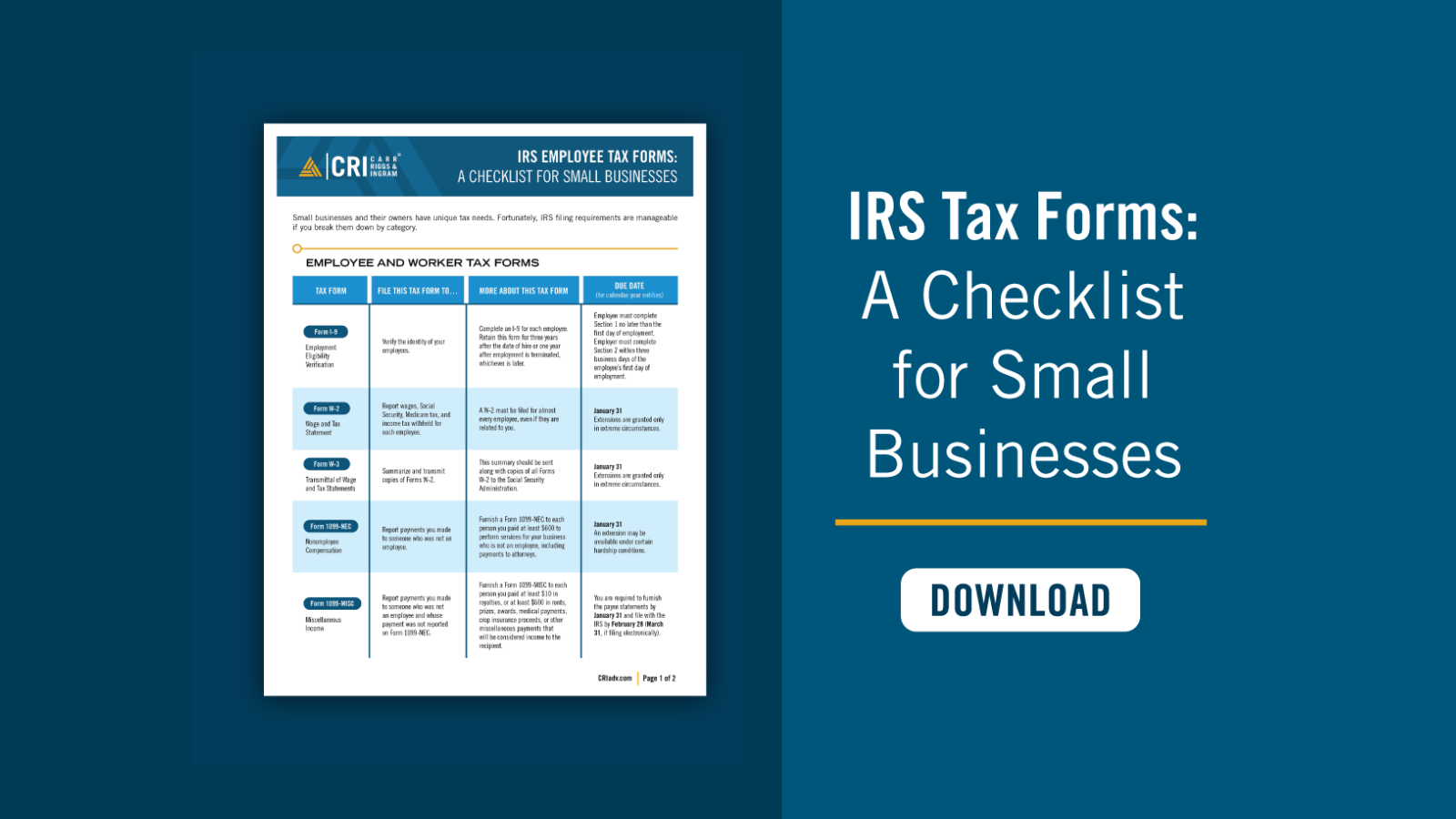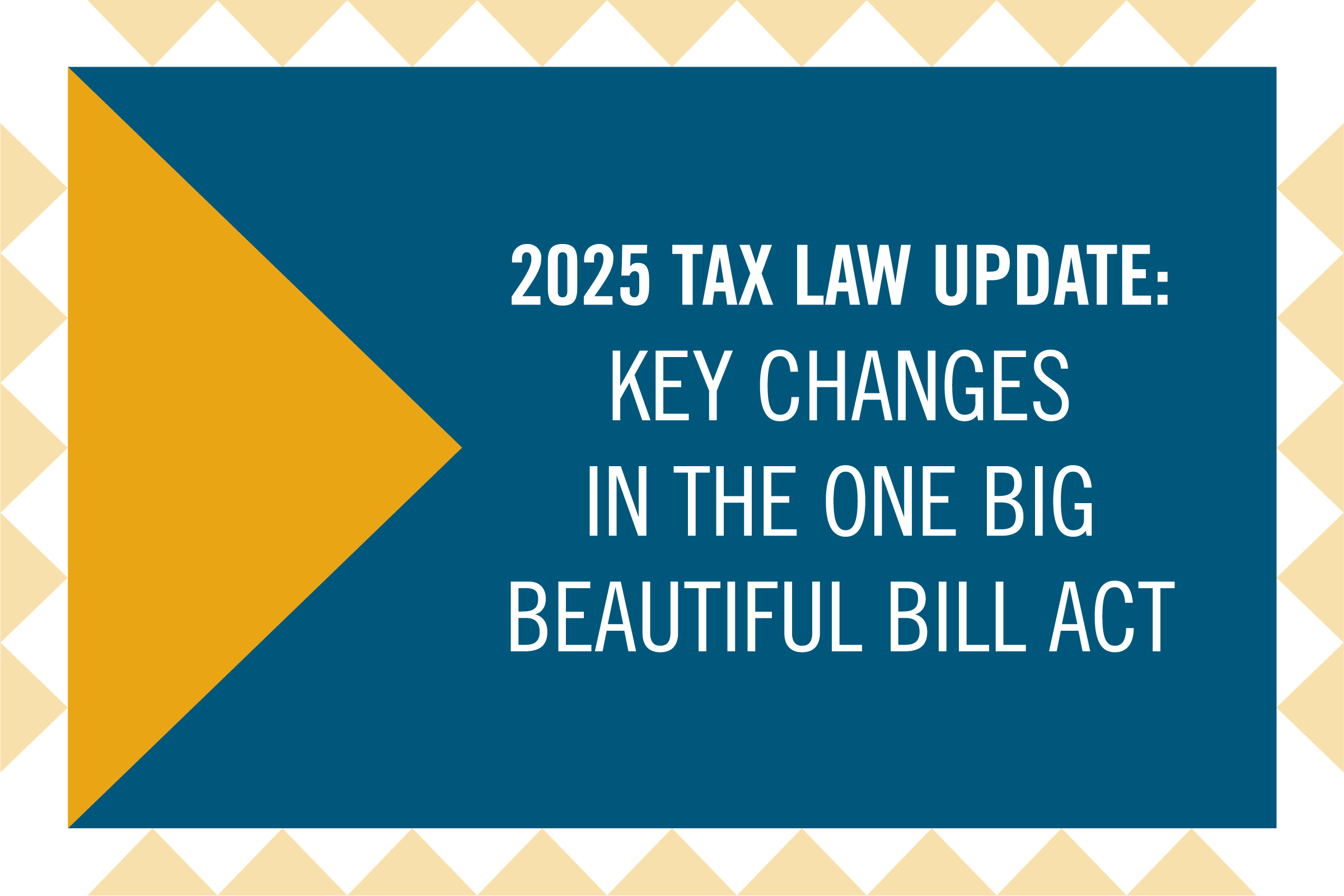How the Internet Mystifies the Taxability of Qualified Sponsorship Payments
- Contributor
- Chad Singletary
Aug 19, 2024
Nonprofit organizations often generate sponsorship revenue from businesses or trade organizations. If certain guidelines are followed, this revenue can be classified as a qualified sponsorship payment, which is non-taxable. According to the IRS, a qualified sponsorship payment is “any payment made by a person engaged in a trade or business for which the person will receive no substantial benefit other than the use or acknowledgment of the business name, logo, or product lines in connection with the organization's activities.”
However, if a nonprofit advertises a sponsor’s products or services, the sponsorship earnings could be subject to tax. The IRS defines advertising as including:
- Qualitative or comparative language about the sponsor’s products, services, or abilities;
- Endorsements; and
- Messages encouraging the use, sale, or purchase of the sponsor’s offerings.
In some cases, what the IRS considers an “endorsement” may not be clear, particularly in online activities. While the internet offers nonprofits a wealth of opportunities to connect with and acknowledge their supporters, the IRS might interpret these actions as endorsements—even if they’re unintentional. Therefore, nonprofit organizations should be mindful of the potential risks as they benefit from sponsorship revenue. More importantly, management should understand the complexities of their online activities and educate sponsors to help minimize the risk of tax penalties.
The Puzzling Implications of Expressing Sponsor Gratitude Online
Most nonprofit organizations are quick to thank their sponsors for their generosity, and they often do so on their websites. As part of an acknowledgment, many organizations list their sponsors online and include a link to each sponsor’s website. However, management should carefully show appreciation without providing an endorsement. For example, a description of a sponsor’s offerings should contain only objective information. Qualitative language could quickly turn a sponsorship into advertising. Management should proceed with caution as a sponsor’s misuse of the nonprofit organization’s logo or information on its own website could change the nature of the transaction.
Another channel through which nonprofits may express gratitude is social media. Given that there are nearly 4 billion active social media users today, most nonprofit organizations recognize social media’s power to help them quickly disseminate information, publicize their missions, and build networks of peers and donors. Whether on Facebook, Twitter, Instagram, or any other platform, nonprofits should carefully monitor their social media activity. This includes what the nonprofit posts and what users post on the nonprofit’s social pages. Some seemingly innocent social media gestures could have significant tax implications. For example, suppose a nonprofit organization “likes” a sponsor’s Facebook page or tweets a gracious comment to a sponsor on Twitter. The IRS could perceive such activity as an endorsement, requiring the nonprofit to pay taxes on that sponsor’s payments.
The Possibility of the Taxable and Non-Taxable Sponsorship
Payments from a business sponsor can also be a combination of non-taxable contributions and taxed income. Nonprofits can acknowledge donors by including the donor’s name/logo on a banner or website while also providing advertising opportunities to donors that usually require payment. If the advertisement promotes the donor's products or services, at least some of the sponsorship payment is likely to be considered advertising income and will have to be reported as unrelated business income (UBI), subject to UBI tax.
Let CRI Help You Unravel the Enigmas of Qualified Sponsorship Payments
Ultimately, the internet does not change how tax law is applied. In some instances, it makes federal regulations even more puzzling. Nonetheless, CRI’s team of nonprofit is ready to help you solve any mysteries related to your qualified sponsorship payments. Contact us if you need guidance on whether your activities may generate taxable or untaxable sponsorship revenue.


